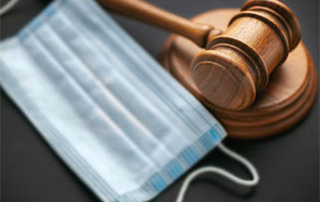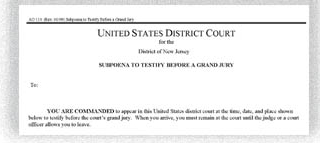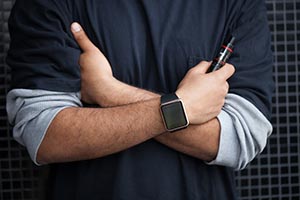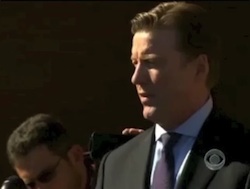What To Do When Agents Serve You With a Grand Jury Subpoena
You are at home or at work, early in the morning or in the evening, and two federal agents show up at your door with a grand jury subpoena. What do you do and what is it about? First, do not make any statements, do not talk with the agents about whatever it is [...]






